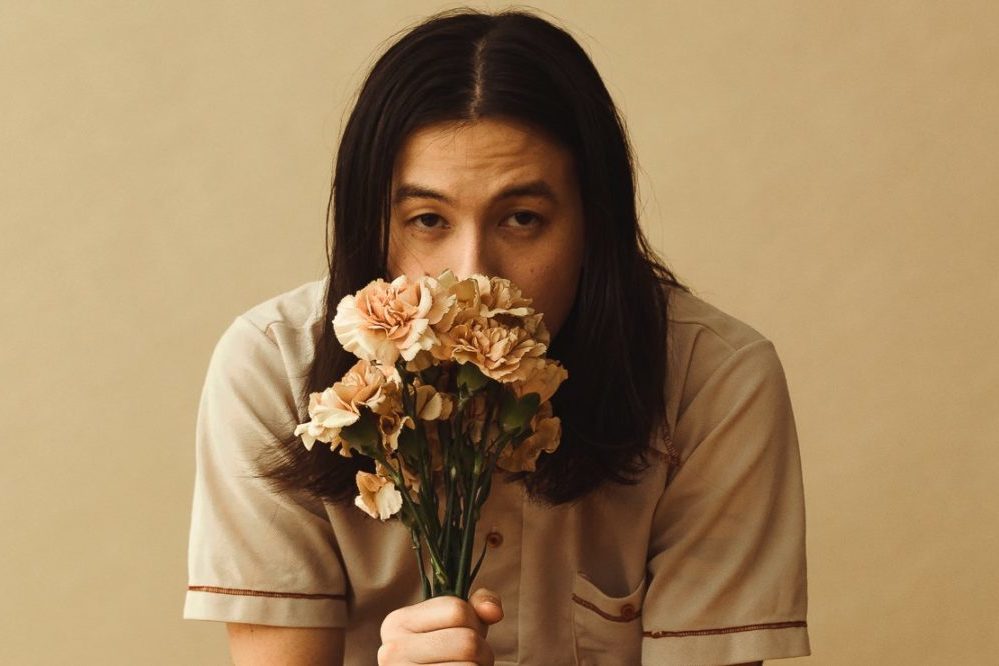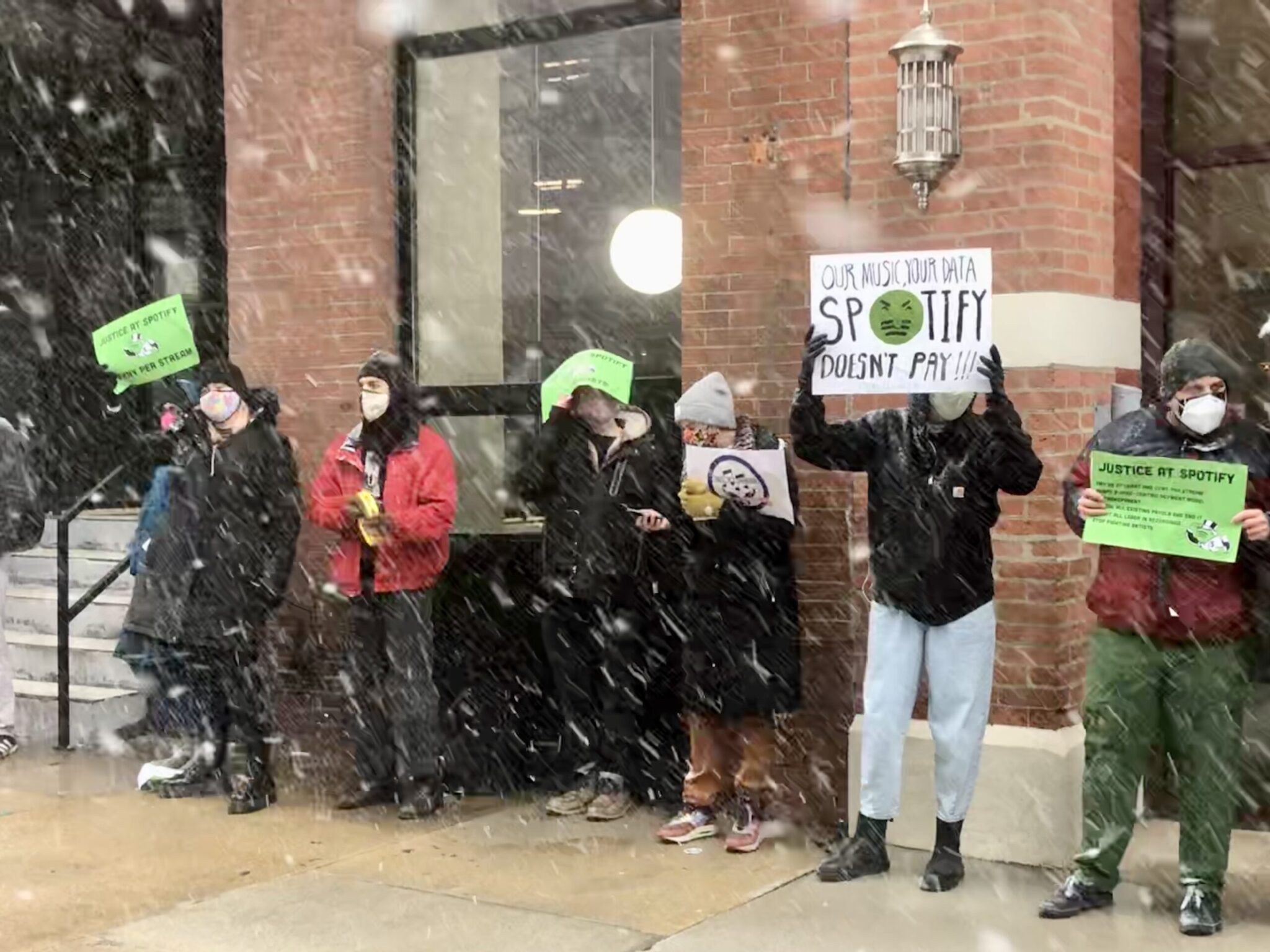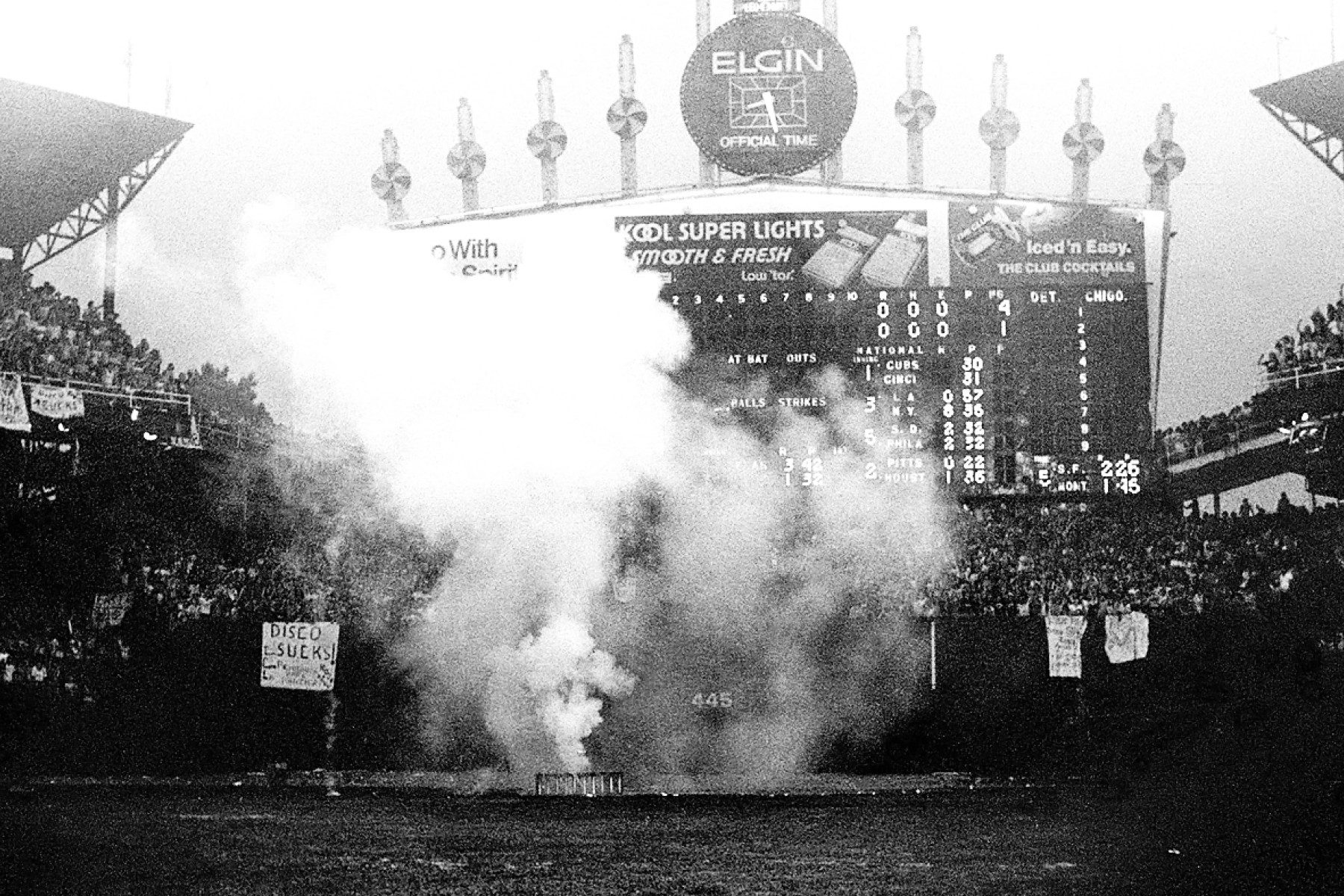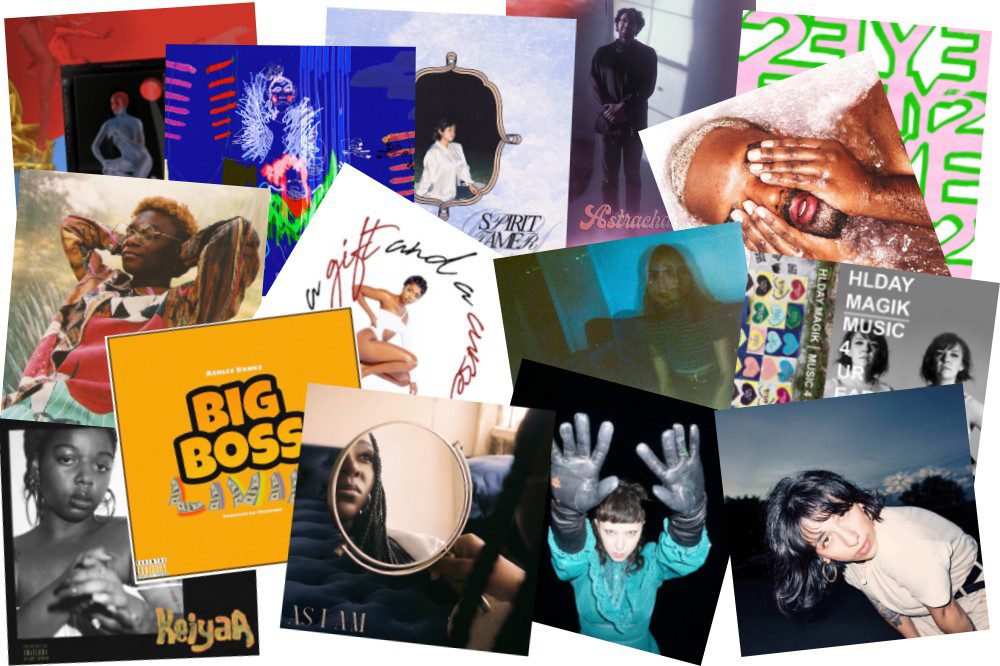

Amidst a pandemic largely impacting people of color, during a summer that’s seen some of the most racially-charged unrest in recent memory — surprise! — a lot’s been happening in the American city with the third largest Black population.
Unlike cities such as New York or Los Angeles — or even Chicago’s Great Lakes sibling, Minneapolis — the Windy City has not reduced its police budget. In fact, while crime rates have declined over the last two decades, Chicago is currently spending more on policing per person than at any time in the last half century. For a hot second, Mayor Lori Lightfoot even enlisted private security to take on police responsibilities — because that’s the logical response to a conversation about state abuses of power, right? More cops with less oversight!
This was the gist of the criticism that got musician Sen Morimoto booted from a public concert series provided by the city at the end of July. Throughout the summer, Chicago’s Department of Cultural Affairs and Special Events (DCASE) has been streaming a free music series called Millennium Park at Home that showcases local musicians. At the end of July, Morimoto was slated to perform, but when he refused to remove comments about the mayor’s response to protests from his set, he was kicked off the bill. Co-performer Tasha withdrew her set in solidarity, and DCASE canceled the show. This spurned many local conversations around artists, platforms, and censorship.
At the start of August, Chicago lost Carlton Weekly — better known as the rapper FBG Duck. He was murdered in the Magnificent Mile, an affluent shopping area and tourist trap not dissimilar to Times Square. Duck was an innovator of drill rap, a sound that’s native to Chicago and pairs nihilistic, often violent lyrics with bass-heavy trap beats.
Because of this, Lightfoot told a press conference that Duck “fancies himself a rapper but is also a member of a gang. … There’s been an ongoing conflict between his gang and another.” By the mayor’s implication, this is what you get for being a gangster rapper (never mind that those close to Duck said he’d been putting that life behind him and speaking out against gun violence). Many heard the mayor’s remarks as a deflection of the bigger issues. Not only do they diminish Duck’s cultural work while suggesting his death was somehow deserved, but they also resist engaging what’s on the forefront of many Chicagoans’ minds: the conditions that encourage gun violence and how the state creates them.
Small irony then that, almost a week to the day later, riots broke out in the Magnificent Mile. Outsiders of Chicago have to understand the city is deeply racially and economically divided. When people say “Chicago,” a lot of times they mean downtown and North Side. “South Side” is often code for a Chicago to be distanced from. It’s the part that gets less money, less schools, and less accessible public transit. It’s the part with more Black people.
The divide really crystallizes in the Loop (a track that circles downtown where all the subways converge), and specifically the Magnificent Mile. So when police shot someone on the South Side on August 9 (luckily, the victim survived), angry Chicagoans headed to the Mag Mile for a standoff between cops and protestors that lasted about a week. It peaked with a very publicized showdown on August 15, though the flagrant inaccuracies in police accounts of that day have been less publicized.
If you read rioting and looting, not as solutions or even demands as much as expressions of anger against symbols of power — people reclaiming space and agency when both are limited — they seem… maybe… logical? At the very least, understandable. But the mayor doesn’t see it that way. Lightfoot’s response was to revisit her favorite punishment: shutting off all access to downtown, including raising the drawbridges. This, too, upholds a racist division of the city.
With so much happening, it’s hard being a Chicago columnist right now (I know, I know, whip out the world’s smallest violin, right?). Time isn’t on my side for articulating our city and how it’s affecting our cultural exports, like music. As a transplant, I also am always in a state of learning. A thing I know for sure right now: even if you’re not in or from Chicago, you can still use Bandcamp Friday to support change here.
Below are four auditory treats from people using proceeds to benefit Black Chicagoans:
Last month, Sen Morimoto and Tasha released their cancelled DCASE sets together, then uploaded an album of live songs, including previously unreleased tracks. It’s introspective, delicate, bright, and soulful. The tracks build on one another in a way that makes the album sound effortless; the team-up, inevitable. All proceeds go to the Prison + Neighborhood Arts Project, which brings art and humanities classes to Stateville Maximum Security Prison.
Languid R&B artist Kaina releases a live Lollapalooza set from this year on YouTube at 12 CST on Friday, September 4. The audio will also be available to purchase on Bandcamp. Half the proceeds will be split among the band while the other half will benefit the Pilsen Food Pantry, which primarily feeds Black and Latinx families on the South Side.
The Why? Footclan is a local collective of hip-hop artists. Earlier in the summer, they put together this eclectic mix of hip hop, soul, and R&B from musicians across their community to benefit the Chicago Community Bond Fund. While the Bond Fund has been tirelessly supporting protesters, it’s been a longtime leader of Chicago’s fight to end cash bail. Contributors to the album include Amira Jazeera, Rich Jones, Kara Jackson, and NNAMDÏ.
The PRF invited tracks from almost 40 contributors for this comp benefiting My Block My Hood My City, a civic-minded community group by and for South Side residents, and the Brave Space Alliance, Chicago’s first (and only) Black trans-led LGBTQ center. The center also serves the South Side. The comp encompasses everything from hardcore to pop punk to more experimental alt-pop. Some of the bands involved are Bone & Bell, Whales, and Western Standards.




